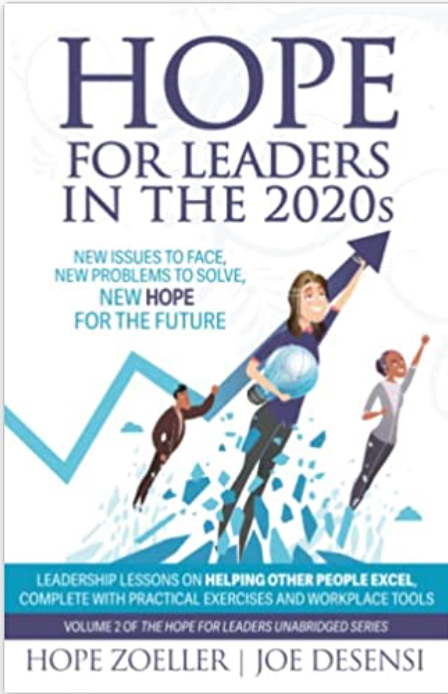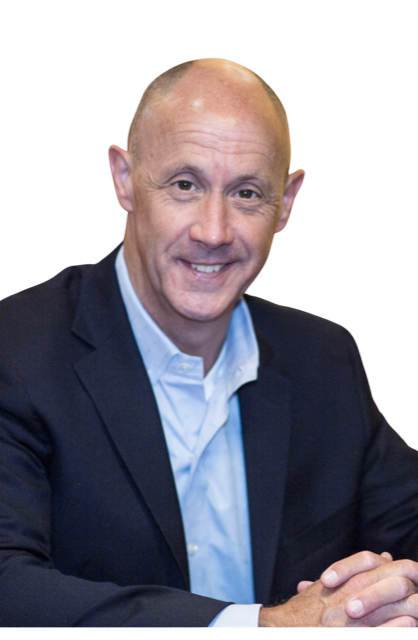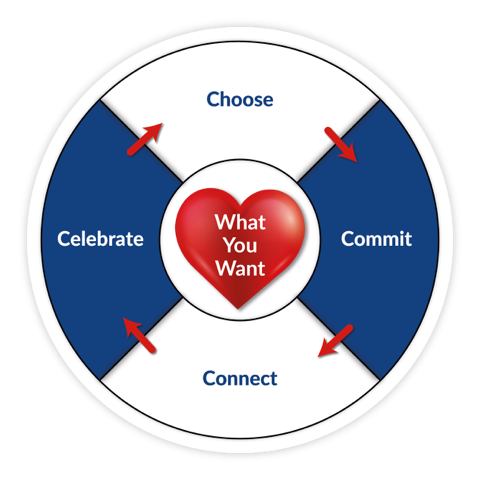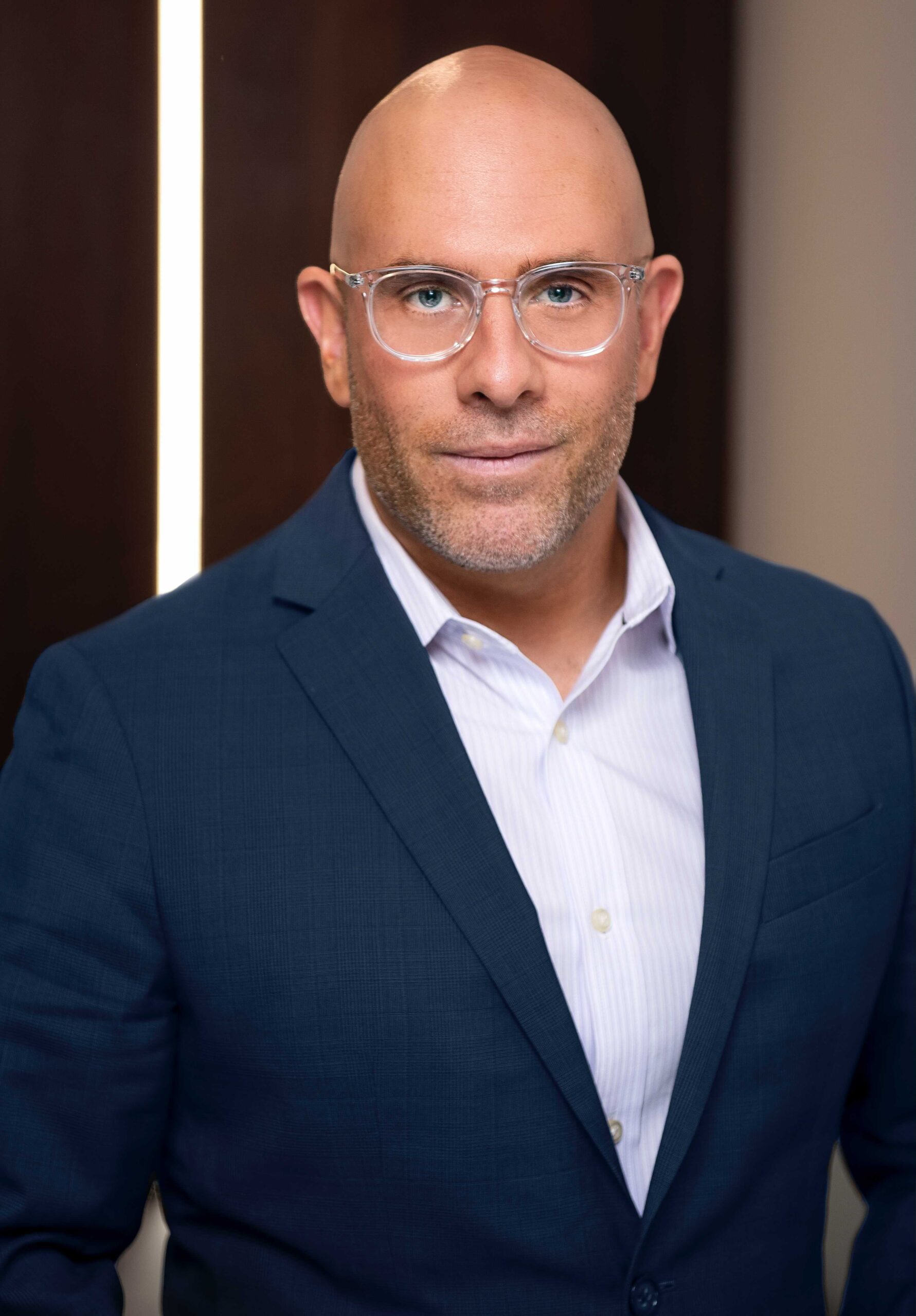‘It’s not the people that quit and leave your organization that you have to worry about, it is the people that quit and stay.’ Dr. Hope Zoeller
My guests today are Dr. Hope Zoeller and Dr. Joe DeSensi. Dr. Hope is the founder and president of Hope LLC. Hope stands for Helping Other People Excel, and it is a firm that specializes in facilitating leaders’ success at every level of an organization. For 14 years of her professional career. Dr. Zoeller worked at UPS in a variety of roles including customer service training and development and employee relations. For 16 years she has been consulting with organizations on leadership development.
Dr. Joe DeSensi is the president of Educational Directions LLC, an educational consulting firm helping schools around the southeast for over 20 years. He developed custom and enterprise software to help districts track data and target students’ needs. Joe holds patents in school data management software and database integration.
Hope and Joe have co-authored two books, Hope for Leaders unabridged, Volume One, and Hope for Leaders in the 2020s: New Issues to Face, New Problems to Solve, New Hope for the Future, Volume Two.
Leaders question how they can be able to lead post-pandemic, which is now normal. Organizations have to get on board with leading differently than they’ve ever led before. Post-pandemic, people no longer have the tolerance to work for people that they don’t feel genuinely care about them. Time and time again, studies have shown that the number one reason why people leave organizations is a bad leader. People want to know that the person that they work for cares.
We have so many things that we do, just because we’ve always done them this way, but people have to actively go back and recapture those inefficient processes today. It is much more difficult for people to do things that they have just been conditioned to do. The workforce now has really rethought their priorities, and so organizations are going to have to take a serious look and have a serious conversation.
It’s not the people that quit and leave your organization that you have to worry about, it is the people that quit and stay. There are a lot of people that quit and stay and remain working for bad leaders. In a world where we have scarce resources you’ve got to treat your people to where you’re always getting an engagement level out of them, not just a compliance level.
Not everything before the pandemic was bad, nor is everything through the virtual world good. It’s really based on your circumstance, and not just your industry, but the talent that you have in your company. We have stopped looking at how many hours people work, and have started looking at the amount of work you can handle and if you’re meeting your deadlines or not because that’s ultimately the metric of success.
There is a real opportunity for collaborative conversations. If you’re a leader leading by yourself, you’re not a true leader. Working backward from the way people think is really important in terms of how to tactically use your resources, and retain and motivate your best people.
The four components to be able to lead with love are having a listening ear, an objective mind, and being curious rather than critical of what is being shared. Having an empathetic heart is also key. Leaders need to focus on their culture and climate since it is one of the few things that is going to retain the best people for businesses.
To learn more, and for the complete show notes, visit: petermargaritis.com






